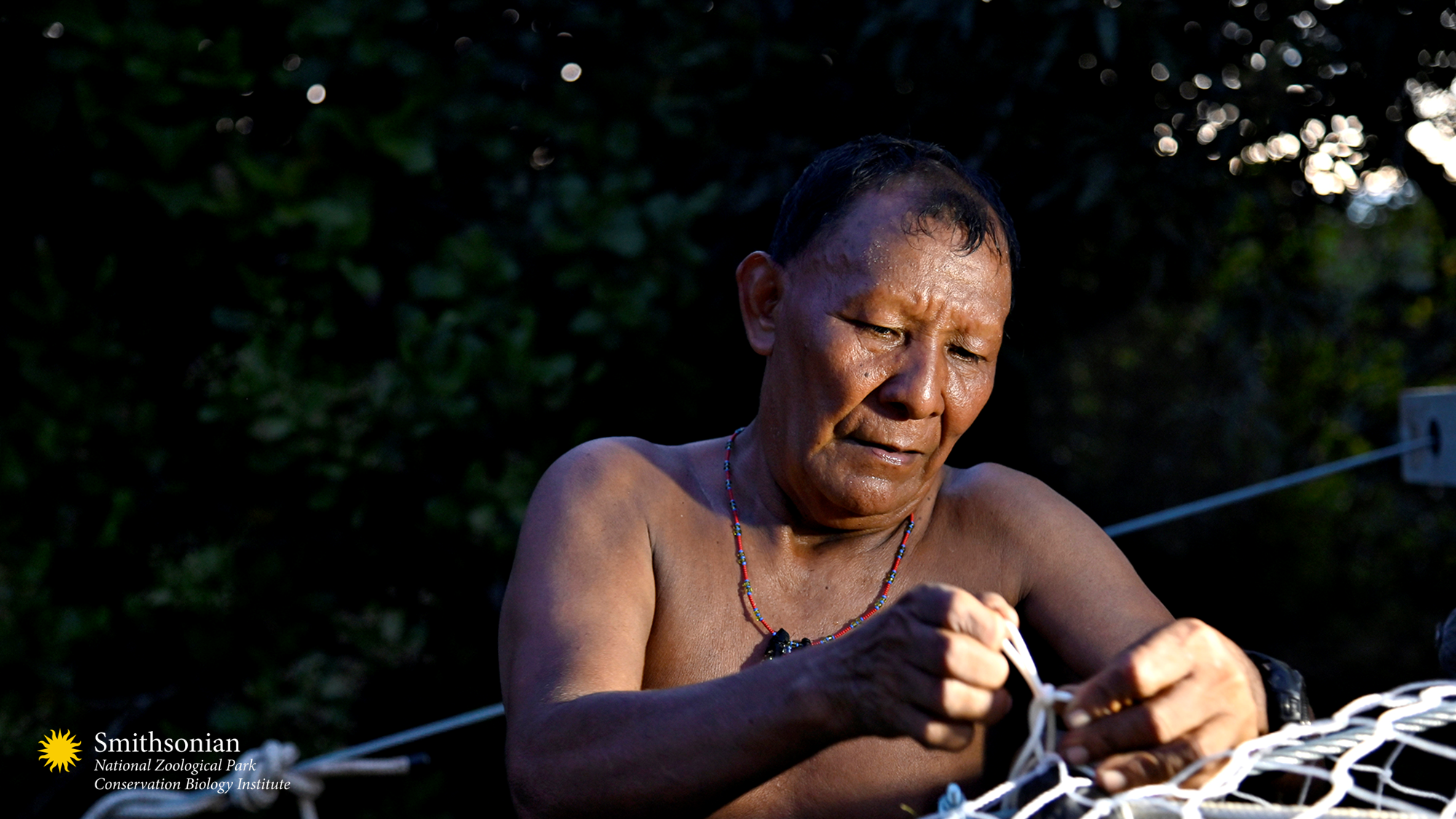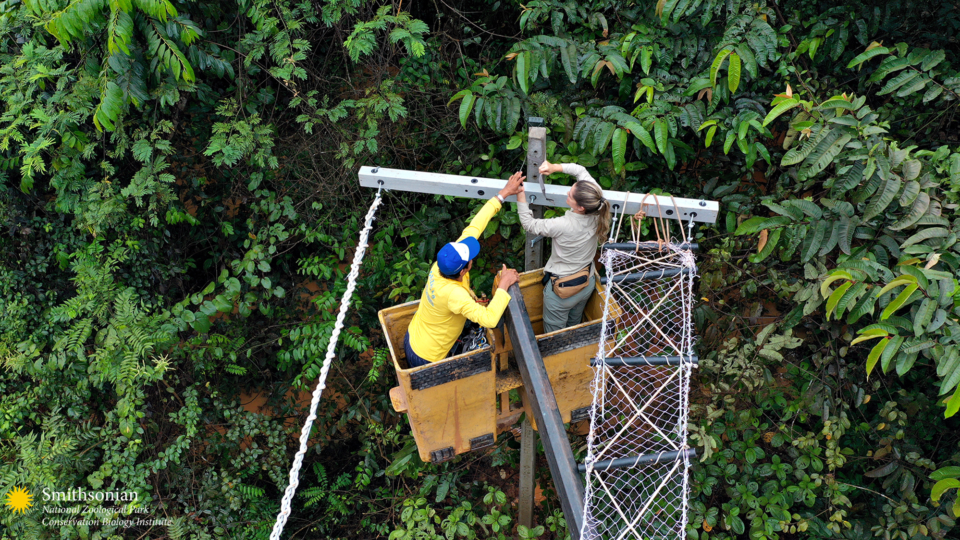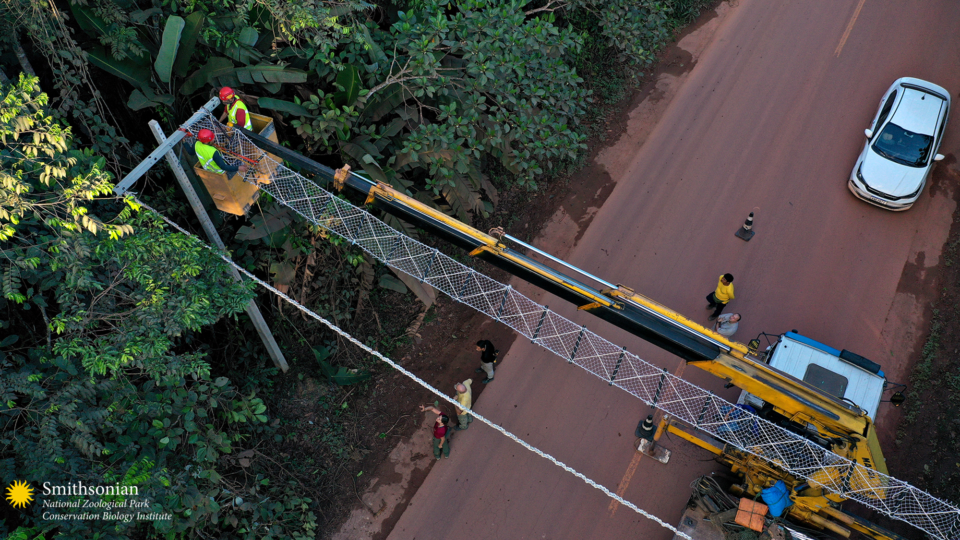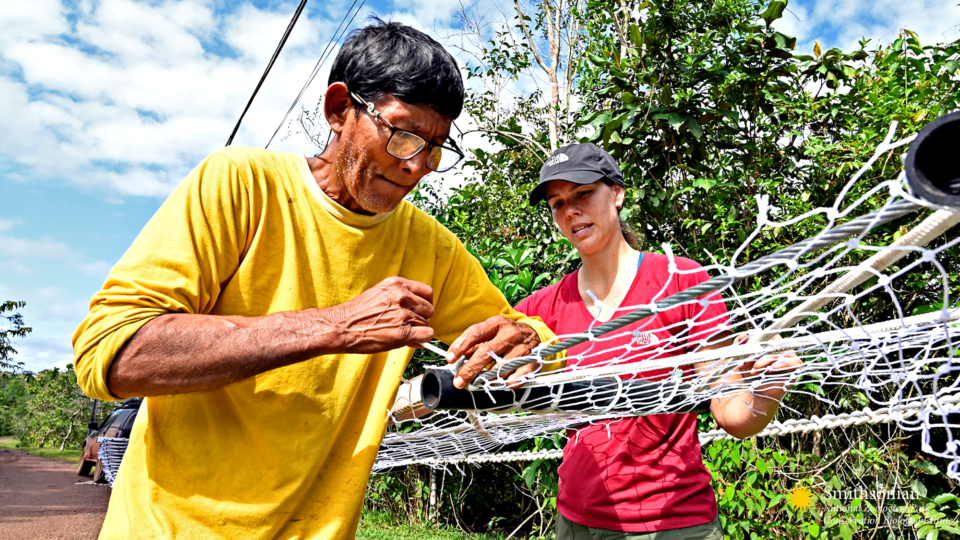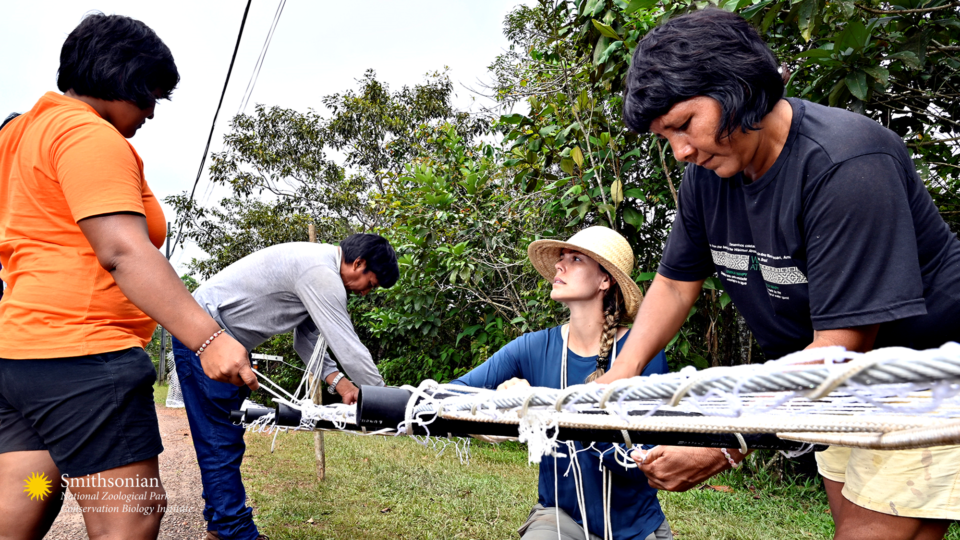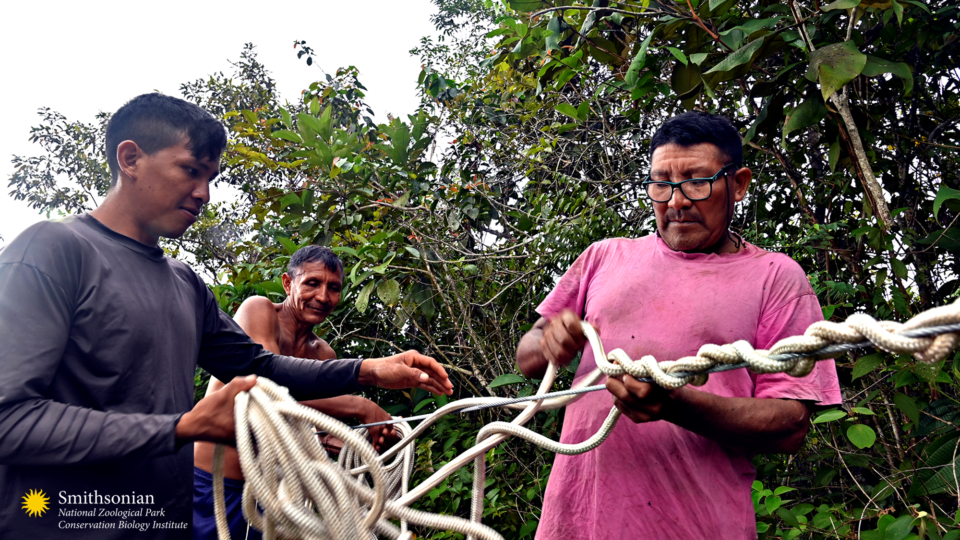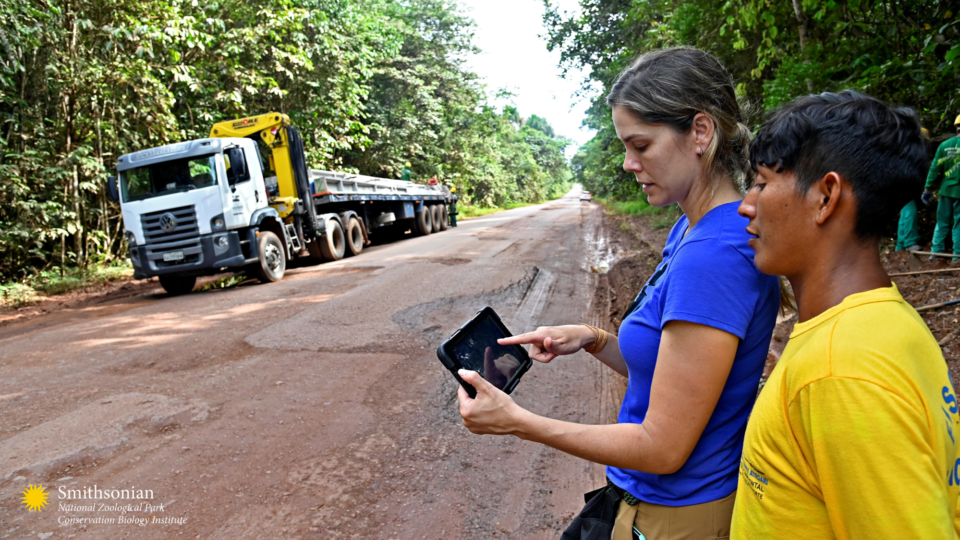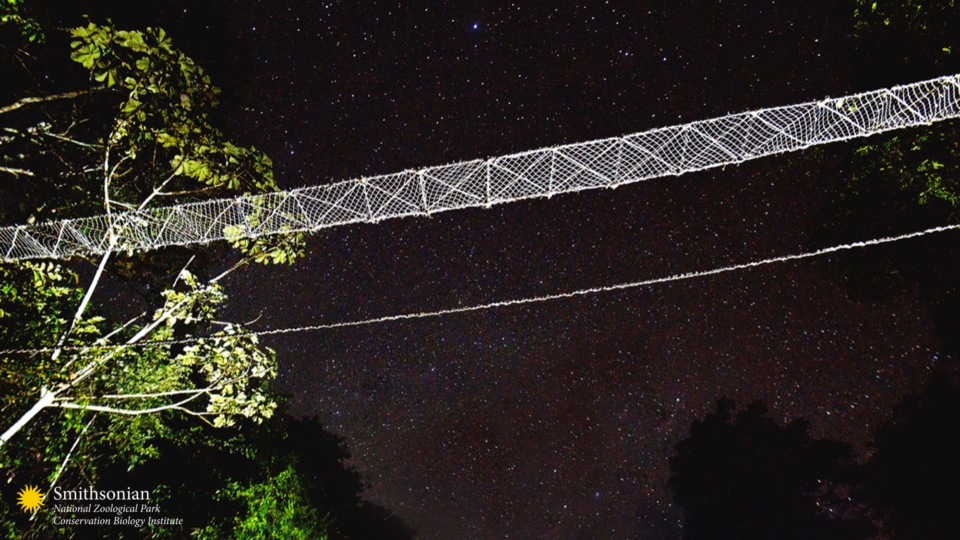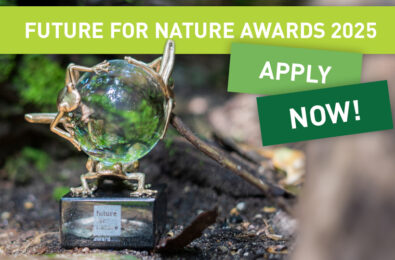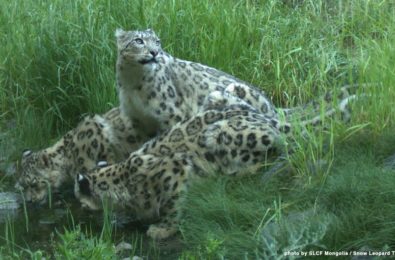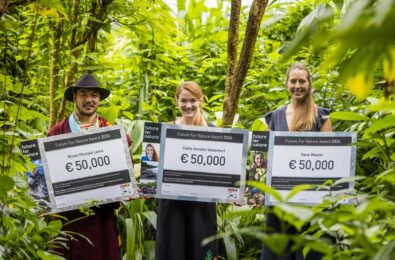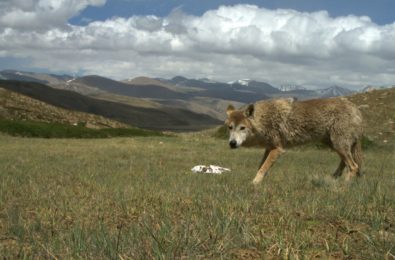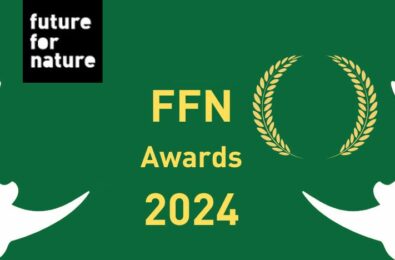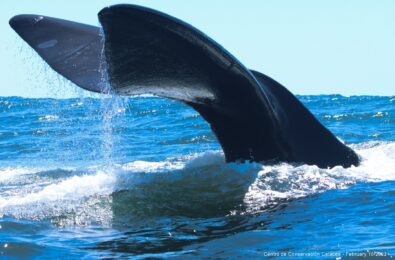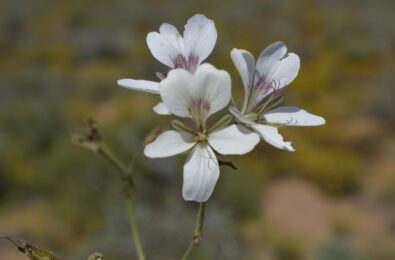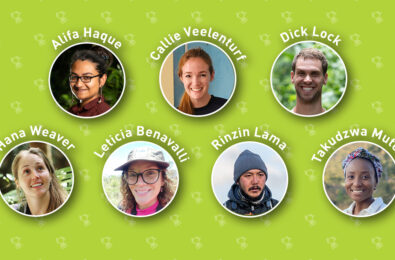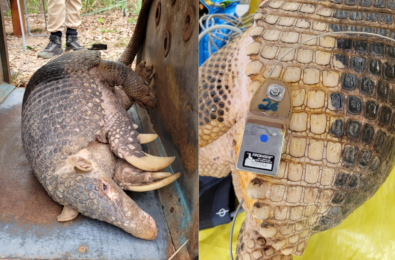Bridging the canopy for Amazonian wildlife
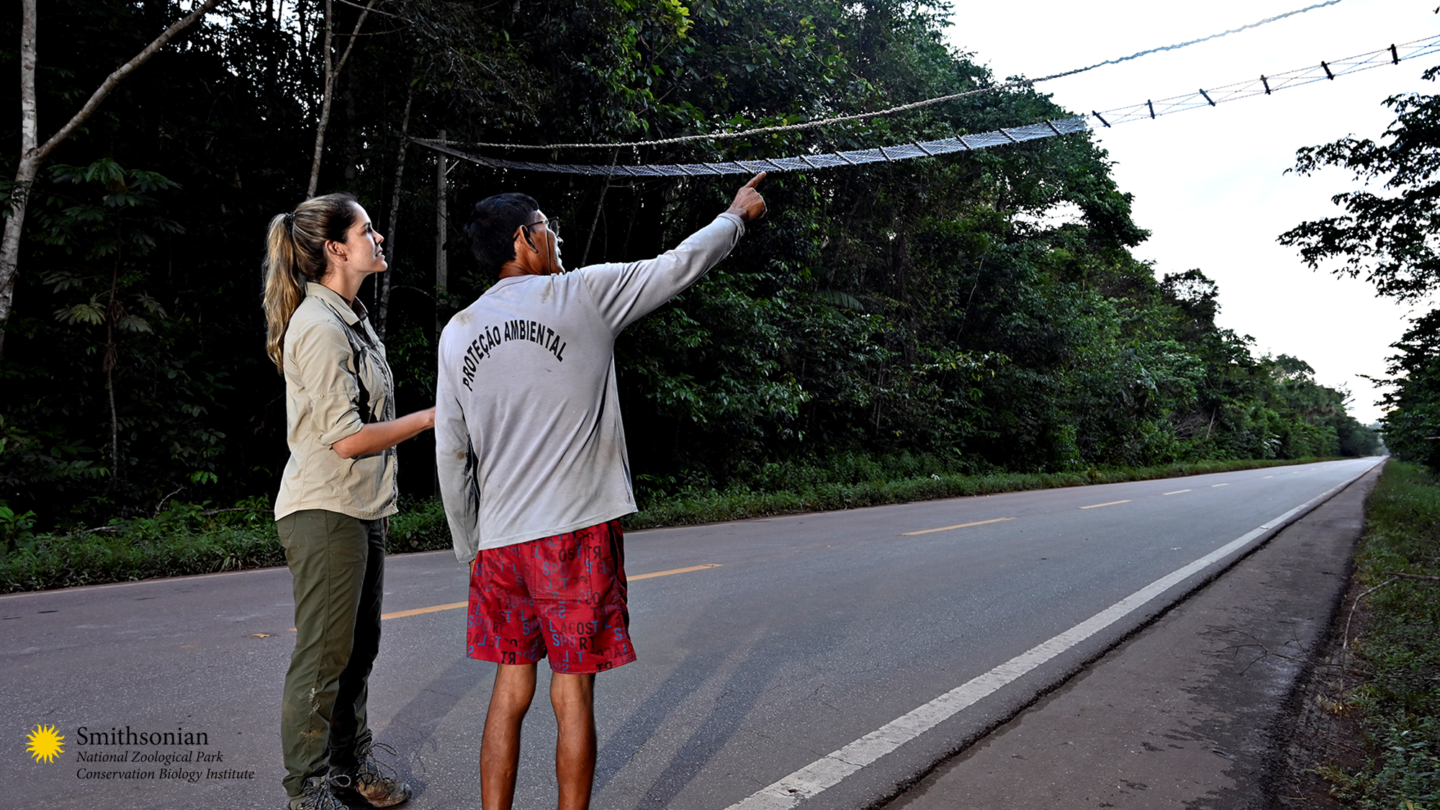
Fernanda Abra (winner 2019) has dedicated her life to reducing animal road kill in her home country Brazil. Over the years she has installed many wildlife tunnels underneath busy highways as a way for local wildlife to cross roads safely. Now Fernanda is expanding her work to the sky: besides ground-dwelling animals, she is also helping arboreal species to cross the road!
With her new project ‘Reconecta’, Fernanda is installing canopy bridges to connect forest habitats of species high up in the trees and further help minimize road mortality. The goal of the bridges is to provide safe crossing opportunities for monkeys, arboreal porcupines, opossums, and other precious Amazonian creatures.
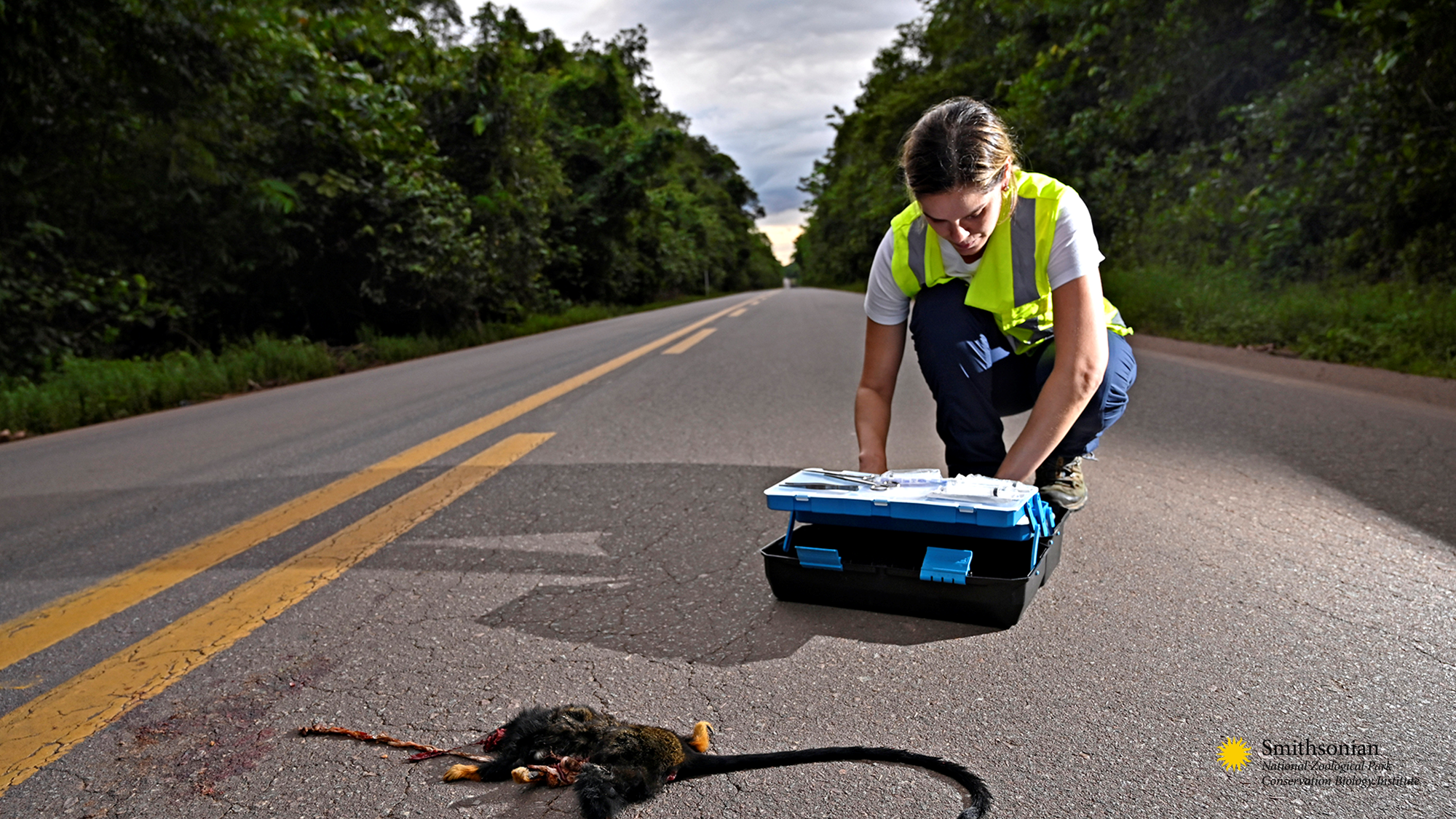
Approximately 65% of primate species in the world are facing extinction, with primary threats including the impacts of linear infrastructures such as roads. The purpose of Project Reconecta is to understand how to effectively reconnect the Brazilian Amazon for arboreal species, particularly threatened primates such as the Guiana Spider Monkey (Ateles paniscus). Understanding how animals are using the bridges, or avoiding them, will enable us to make well-informed recommendations for the Federal Transportation Agency in Brazil.
Last month Fernanda ventured into the Amazon and set up these canopy bridges, which is a first for Brazil! After an intense 3 week field expedition, Fernanda Abra returned overjoyed. During the trip they accomplished their mission of installing 30 canopy bridges in the Amazon forest. They were privileged to have the hands-on assistance of the Waimiri Atroari Indigenous Community both in the construction of the bridges and in their installation.
“It was amazing to work with such a wonderful, dedicated team, and we in fact completed the bridge installation ahead of schedule.” – Fernanda Abra
- Fernanda Abra and Sawa installing camera traps
- Installation of canopy bridge
- Waimiri Atroari people making the bridges
- Waimiri Atroari people making the bridges
- Waimiri Atroari people making the bridges
- Installing concrete posts with Waimiri Atroari tribe
- Canopy bridge under the night sky
Fernanda and her project have received institutional support from the Federal Transportation Agency in Brazil. The director of the agency visited the project and was impressed to see the bridges installed. They are also curious about the results and options for up-scaling in other areas. Fernanda strongly believes that in future new road projects in the Amazon or in the upgrading of existing roads, DNIT will consider mitigation measures for wildlife, particularly arboreal species.
Alongside the bridges, Fernanda also installed camera traps to be able to monitor the bridges and study the animals using them. The cameras are up and running and soon the first results will come! Keep an eye out on the FFN social media or give Fernanda a follow online to stay posted about project Reconecta!
